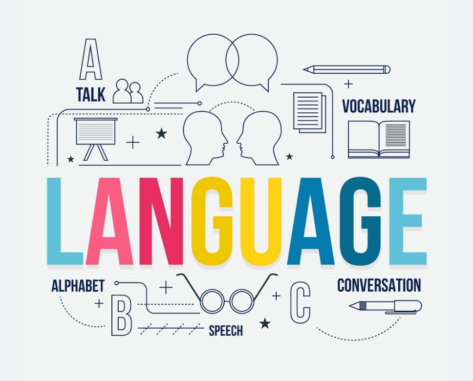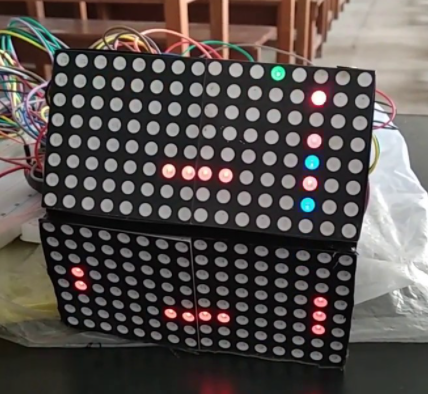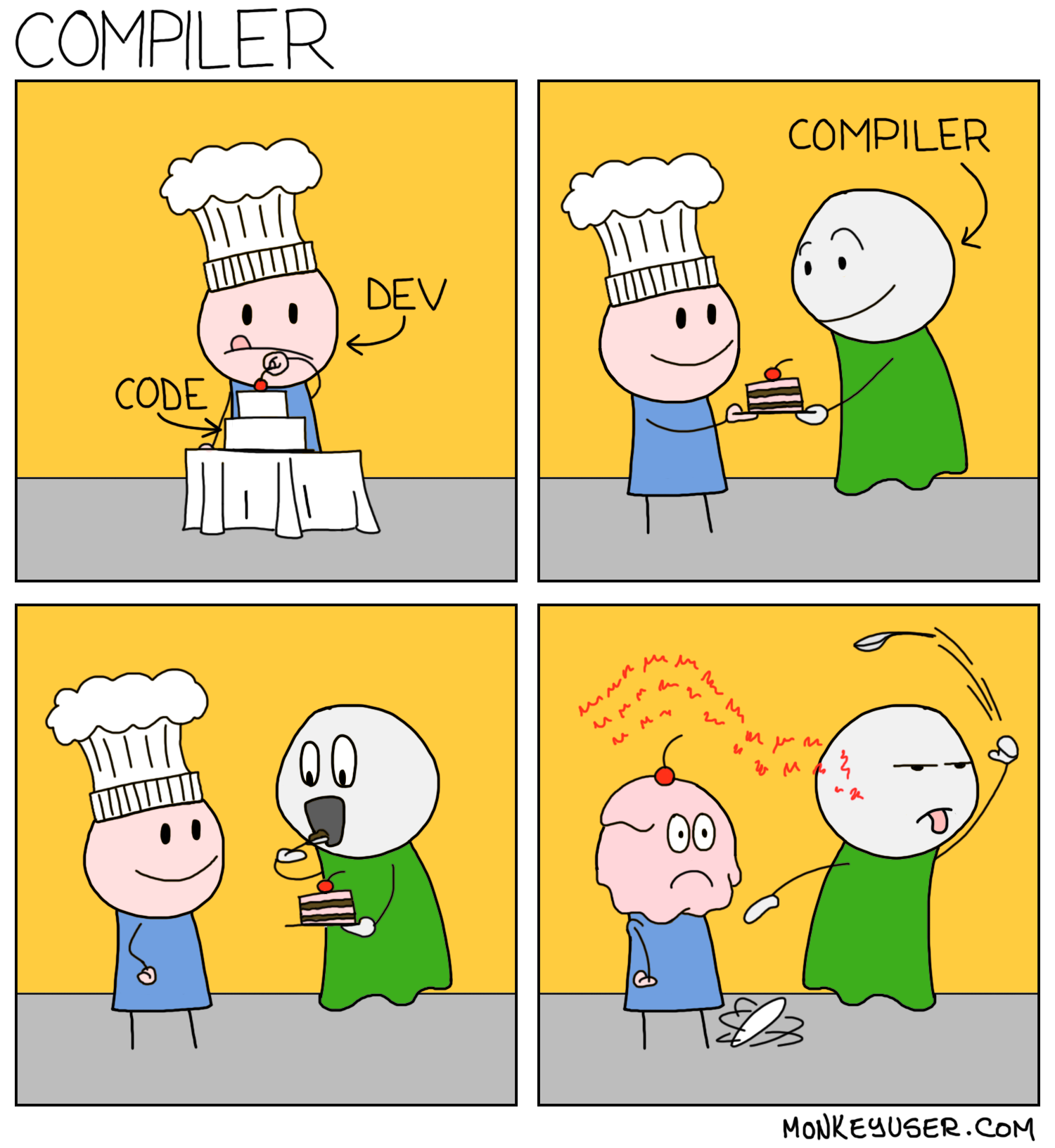Hi, I'm Protik Bose Pranto.
A
"Everything is theoretically possible, until it is done" - Robert Anson Heinlein
About
I am a PhD student in the Department of Computer Science at Arizona State University. Additionally, I serve as a Graduate Student Assistant at the ShaDE Lab., advised by Dr. Ariane Middel.
My research focuses on Urban Climate Informatics, Remote Sensing, and Machine Learning to advance urban and environmental sustainability. I apply statistical analyses, geospatial analysis and AI-driven models to develop urban mapping systems, assess the impacts of extreme heat, and analyze vegetation dynamics. I am also passionate about exploring various Machine Learning topics and leveraging my skills to solve complex and intriguing problems. I am also enthusiastic about developing innovative solutions and advanced programs that address real-world challenges and make a meaningful impact on a global scale.
I have received my B.Sc (Engg.) in Computer Science and Engineering from Bangladesh University of Engineering and Technology(BUET). I completed my undergraduate thesis under the supervision of Professor Dr. Md. Saidur Rahman on Graph Theory and Algorithms.
Recent News
- April 2025: Received CAP LTER Grad Grant 2025.
- March 2025: Secured runners-up at SpaceHACK for Sustainability Hackathon. [Letter]
- Feb 2025: Awarded 3rd place at UCRC Poster Event.
- Oct 2024: Paper on differentiating between satire and fake news got accepted at ICECCME'24.
- July 2023: Awarded USENIX Security Student Grant.
- June 2023: Poster on Targeted Disinformation got accepted in SOUPS'23.
Past Experiences
- We developed a polynomial-time algorithm for assigning transmitter frequencies in a tower network that minimizes overlapping signals and optimizes the frequency spectrum.
- Additionally, we worked on another research project in which we studied a type of graph that is used to rebuild evolutionary relationships between organisms. This particular graph is referred to as the Pairwise Compatibility Graph (PCG, for short). It has been proven that not every graph is a PCG. But, we have found that grid graphs and a subclass of 3D grid graphs are 2-interval PCGs.
- Managed their website, mobile app, order APIs, search catalog and other user-facing services.
- Prepared the app for localization. The app's texts are available in both English and Bengali.
- Tools: TypeScript, React, React Native
Customer Experience Team
- EggShell is a front-end technology stack. It combines several technologies, including React, Fable, ReactXP, RenderDSL, and StyleDSL, to create a common framework for both web and android.
- In the EggShell framework, I created a new and advanced button library called ChoiceList. Depending on the user's preferences, this button can serve the function of a radio button or a checkbox.
- Using the Eggshell framework, I assisted the team in creating Cookups, an online food delivery platform.
- Tools: F#, Fable, React
EggShell Team
Publication
- Protik Bose Pranto, Waqar Hassan Khan, and Ariane Middel. Poster: Systematic Literature Review on Urban Climate Informatics. Urban Climate Research Center Poster Event (UCRC 2025). [poster]
- Protik Bose Pranto. Paper: Satire or Fake News? Machine Learning-Based Approaches to Resolve the Dilemma. International Conference on Electrical, Computer, Communications and Mechatronics Engineering (ICECCME 2024). [paper]
- Protik Bose Pranto, Waqar Hassan Khan, Sahar Abdelnabi, Rebecca Weil, Mario Fritz and Rakibul Hasan. Poster: Understanding the Effect of Private Data in Disinformation Propagation. Nineteenth Symposium on Usable Privacy and Security (SOUPS 2023). [pdf] [poster]
- Waqar Hassan Khan, Protik Bose Pranto, Tianyi Yang, and Rakibul Hasan. Poster: Exploring Privacy and Security Concerns of EdTech Users: A Qualitative Analysis of User Written Reviews. Nineteenth Symposium on Usable Privacy and Security (SOUPS 2023). [pdf] [poster]
- Protik Bose Pranto, Waqar Hassan Khan, Sahar Abdelnabi, Rebecca Weil, Mario Fritz and Rakibul Hasan. From Bad to Worse: Using Private Data to Propagate Disinformation on Online Platforms with a Greater Efficiency. Design x Policy (CHI Workshop (2023)). [pdf]
- Protik Bose Pranto, Bishal Basak Papan, and Md. Saidur Rahman. k-Safe Labelings of Connected Graphs. IEEE International Conference on Telecommunications and Photonics, ICTP (2021). [pdf]
- Bishal Basak Papan, Protik Bose Pranto, and Md. Saidur Rahman. On 2-Interval Pairwise Compatibility Properties of Two Classes of Grid Graphs. The Computer Journal, COMPJ (2021). [pdf]
- Protik Bose Pranto, Syed Zami-Ul-Haque Navid, Protik Dey, Gias Uddin, and Anindya Iqbal. Are You Misinformed? A Study of Covid-Related Fake News in Bengali on Facebook. [arXiv]
Research and Class Projects
Bengali Covid Related Fake News Detection
Our opinions and views of life can be shaped by how we perceive the opinions of others on social media like Facebook. This dependence has increased during COVID-19 periods when we have fewer means to connect with others. However, fake news related to COVID-19 has become a significant problem on Facebook. Bengali is the seventh most spoken language worldwide, yet we are aware of no previous research that studied the prevalence of COVID-19 related fake news in Bengali on Facebook. In this paper, we develop machine learning models to detect fake news in Bengali automatically. The best performing model is BERT, with an F1-score of 0.97. We apply BERT on all Facebook Bengali posts related to COVID-19. We find 10 topics in the COVID-19 Bengali fake news grouped into three categories: System (e.g., medical system), belief (e.g., religious rituals), and social (e.g., scientific awareness).
Satire or Fake news? Machine Learning Based Approaches to Resolve the Dilemma
Examined nine widely used traditional machine learning models and three transformer-based traditional models (BERT, XLM-RoBERTa, DistilBERT) to see whether they can distinguish effectively between fake and satirical news. SVM performs better on a small dataset when text preprocessing and stemming are used. However, after text augmentation, the transformer-based model (XLM-RoBERTa) outperforms all other models, achieving 97% accuracy.
Feature-Based App Analysis
In this experiment, I am conducting an Automated exploration of an app's features to scrutinize the data collected from network traffic using MitmProxy, Frida, and Objection. In some cases, where data is obfuscated or altered before transmission, deciphering the associated permission methods becomes challenging. To address this, I have employed Frida Hooking to identify the specific permission methods called by the app and understand their utilization.
Violence Detection from Surveillance Videos
- We extracted two kinds of features from videos
- Those features entail deep representation from I3D and optical flow from OpenPose
- We employed heirarchical Multiple Instance Learning to facilitate detection
- We emphasized on interpretability as well as accuracy of our system
- Keywords: Optical Flow, Heirarchical Multiple Instance Learning, Video Classification, Interpretable System
Projects

An application that helps you learn English in a very interactive way.
- Tools: Dart, Flutter, Laravel
- Register/login to the app(with OAuth-based Google Sign-In).
- User can choose from a number of different lessons where each lesson contains predefined number of tasks.
- Tasks are be assigned to the user based on difficulty level.
- On completing a lesson, user score is updated, and he/she can view his/her ranking in the leaderboard.
- New tasks are suggested based on previous history.

This is a Java and Oracle Database based Project.

This is a simple iGraphics game. Here user has to balance a walking baby by left-right mouse clicking.
Skills
- Languages: C, C++, Java, R, Dart, Python, HTML, Assembly(80x86), Matlab, SQL, Typescript, F#, Bash.
- Environment: CodeBlocks, NetBeans, Emu8086, Android Studio, Visual Studio Code, Proteus.
- Mobile Application Development: Android, Flutter, React Native.
- Databases: Oracle, MySQL, SQLite.
- Tools and Platforms: Git, Unity, Lucidchart, draw.io, OpenCV, Cuda, JavaFX Scene Builder, Tensorflow, Keras, PyTorch, Scikit-learn.
- Other: QGIS, Qualtrics, Latex, Microsoft Office, Microsoft Powerpoint, Probability and Statistics, Data Structures, Unity.
Education
Tempe, Arizona
Degree: Ph.D. in Computer Science and Engineering (ongoing)
- Data Mining
- Software Security
- Statistical Machine Learning
- Knowledge Representation and Reasoning
Relevant Courseworks:
Bangladesh University of Engineering and Technology (BUET)
Dhaka, Bangladesh
Degree: Bachelor of Science in Computer Science and Engineering
- Data Structures and Algorithms
- High Performance Database Systems
- Computer Security
- Machine Learning
- Computer Graphics
Relevant Courseworks:
Contact
ASU School of Computing and Augmented Intelligence,
Department of Computer Science,
699 S Mill Ave, Tempe, AZ 85281, United States




